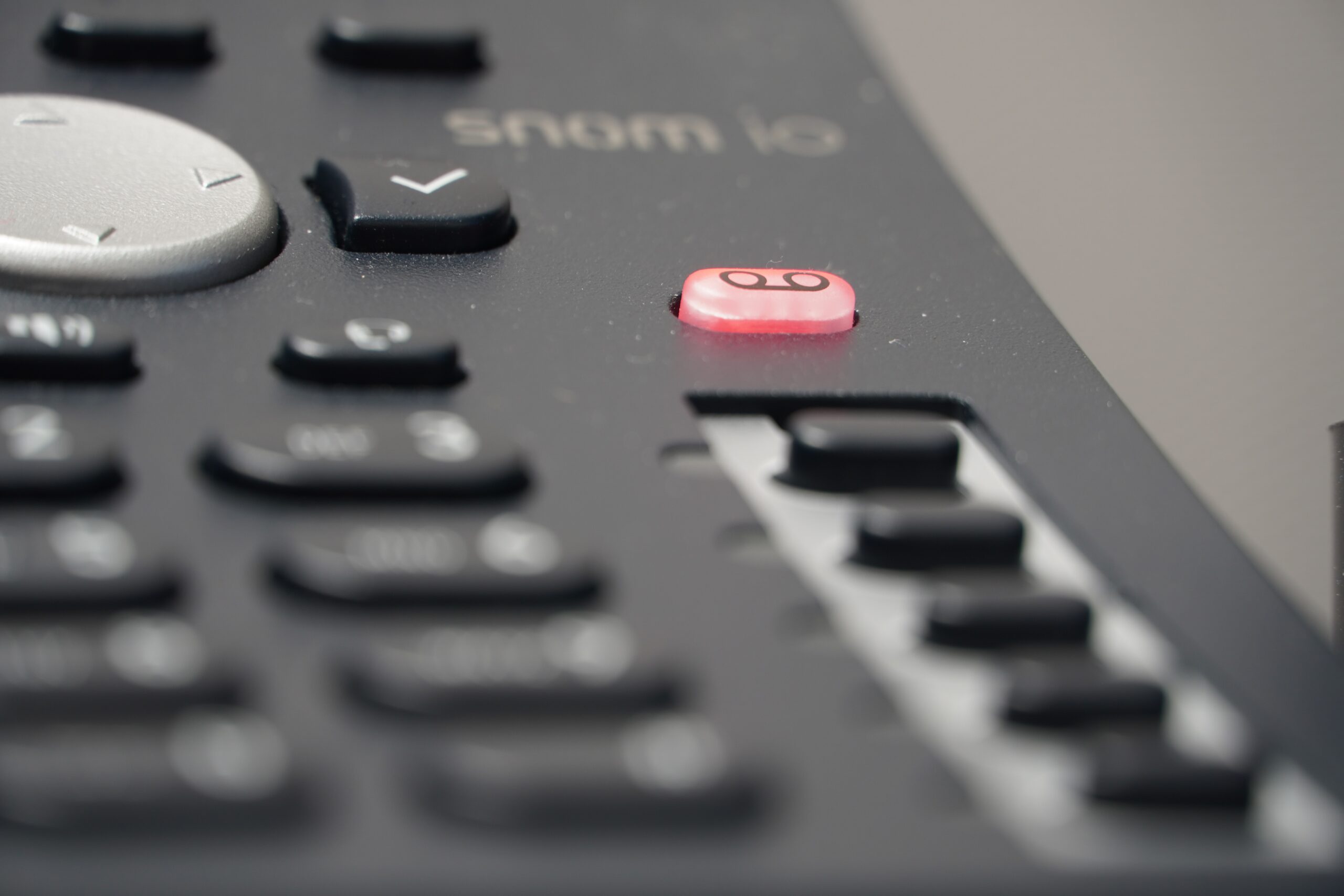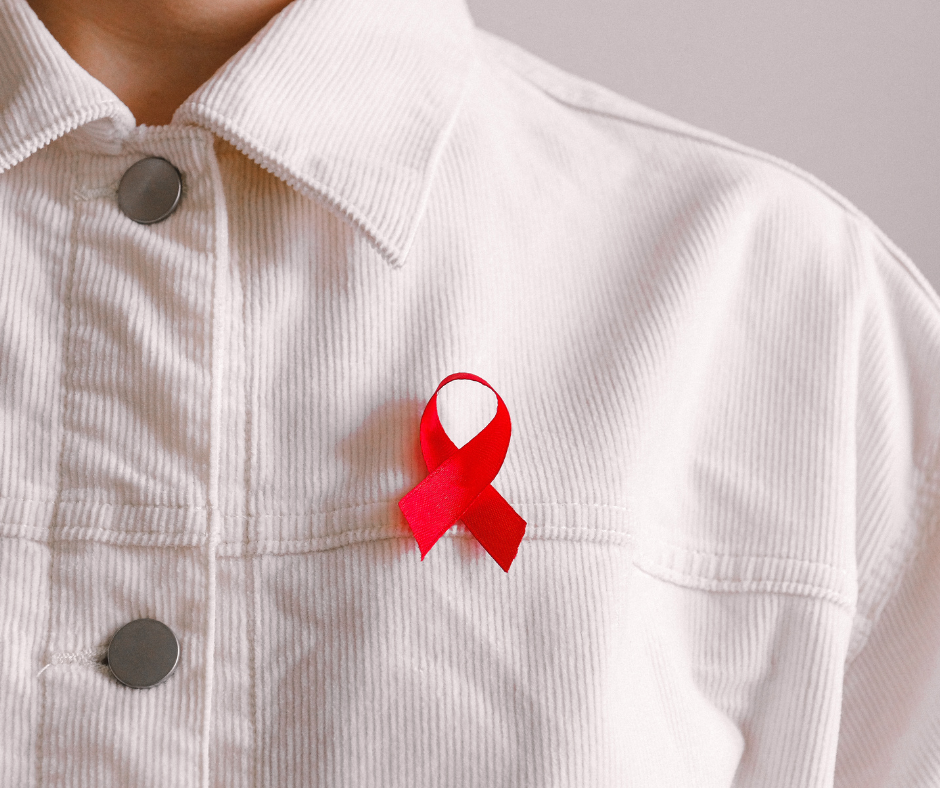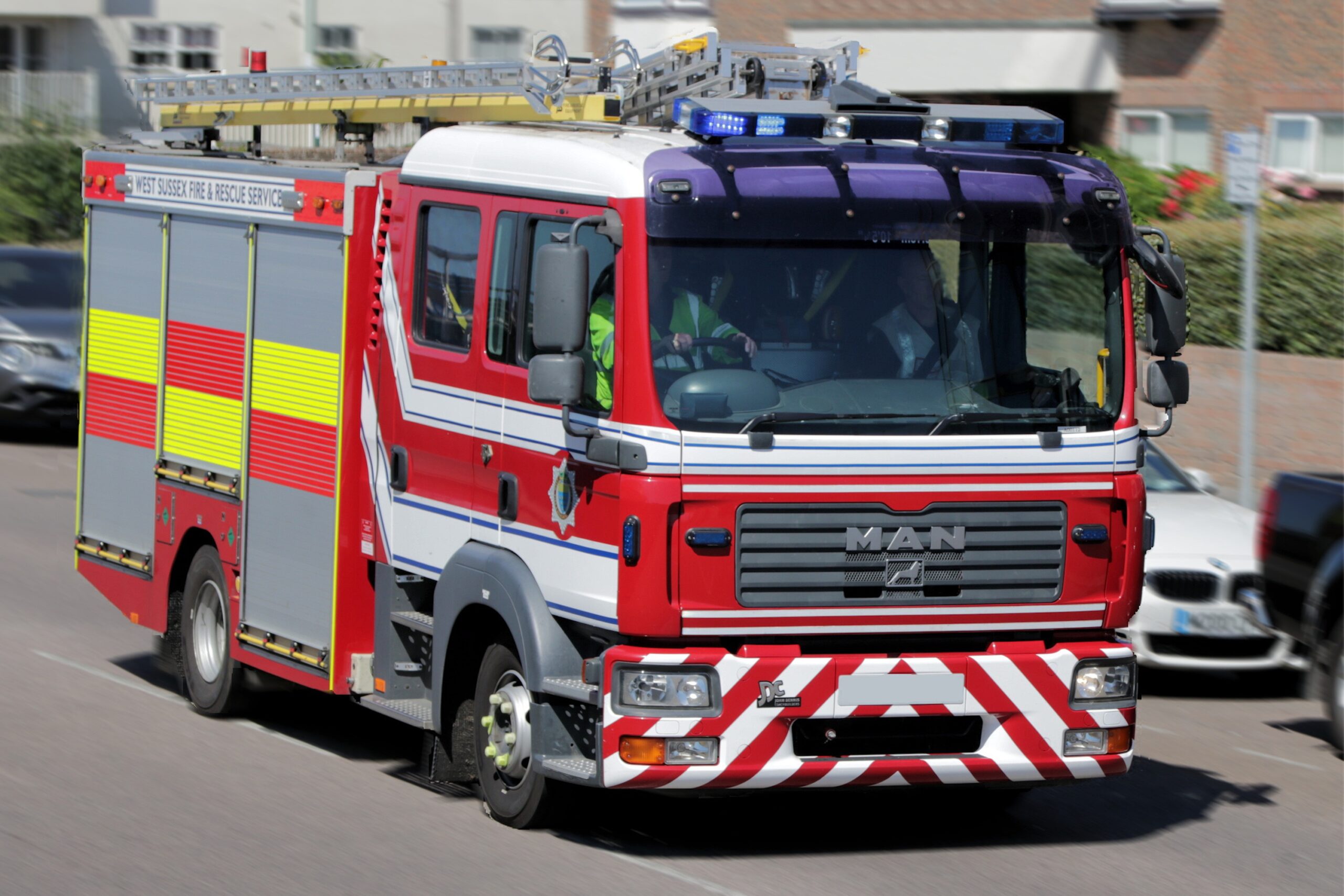Fewer contacts of asymptomatic cases will be advised to self-isolate
Credit: Engin Akyurt from Pixabay
An update to the NHS Covid-19 app will mean that fewer users receive exposure notifications and instructions to self-isolate.
The tweak, which takes effect today, is described by the government as a change to the app’s “logic” – but not to its sensitivity, which registers a contact if two users spend 15 minutes or more at a distance of less than two metres.
The alteration instead relates to alerts issued to contacts of asymptomatic coronavirus cases; currently, in these instances the app sends notifications to people who have come into contact with the user in question in the five days prior to their positive test. This has now been be reduced to two days.
“The change will mean fewer contacts that took place when the positive case was unlikely to be at the peak of their infectiousness are advised to self-isolate, reducing the overall number of notifications sent by the app,” the government said.
Health and social care Secretary Sajid Javid added: “We want to reduce the disruption that self-isolation can cause for people and businesses, while ensuring we’re protecting those most at risk from this virus. This update to the app will help ensure that we are striking the right balance. It’s so important that people isolate when asked to do so, in order to stop the spread of the virus and protect their communities.”
Related content
- Sensitivity of contact-tracing app will not be adjusted
- Covid app contact alerts neared 700,000 last week
- Vaccine status prompts millions to download NHS app
The tweak to the program’s functionality came alongside a plea for the public to continue using the app; recent stats revealed that millions of users had not enabled the app, while the government has faced criticism over suggestions that many are simply deleting or disabling the technology to avoid being caught up in the so-called ‘pingdemic’.
Between the third week of May and the first week of July, the number of weekly contact alerts sent by the app snowballed from 10,000 to more than 500,000.
To help ease labour shortages caused by the rapid escalation in isolation instructions, the government has created exemptions for fully vaccinated workers in 24 sectors, including digital infrastructure, food supply, and HMRC. Employees in these areas that come into contact with a positive coronavirus case can take daily tests, rather than self-isolate.
From 16 August, all citizens who received their second vaccination at least 10 days ago will not be required to self-isolate if they have been potentially exposed to coronavirus, but instead will encouraged to take a test. At this point, contact alerts issued via the Covid-19 app will initially ask users if they have been fully vaccinated.
Answering in the affirmative will turn off the isolation countdown timer that has become familiar to many in recent weeks.
For all the focus on deletions and disruption, the government today pointed to research that found that – if 60% of users complied with the instruction to self-isolate – the app prevented about 50,000 additional coronavirus cases during the first three weeks of July. This will, in turn, have prevented an estimated 1,600 hospitalisations.
The study, from scientists at Oxford University, found that the contact-tracing app reduces the spread of coronavirus by a rate of 4.3% each week, the government said.
It added that two fifths of the eligible population – which is everyone aged over 16 who owns a smartphone – is still “regularly using the app”.
Dr Jenny Harries, chief executive of UK Health Security Agency, said: “I strongly encourage everyone, even those fully vaccinated, to continue using the app. It is a lifesaving tool that helps us to stay safe and to protect those closest to us as we return to a more familiar way of life.”



